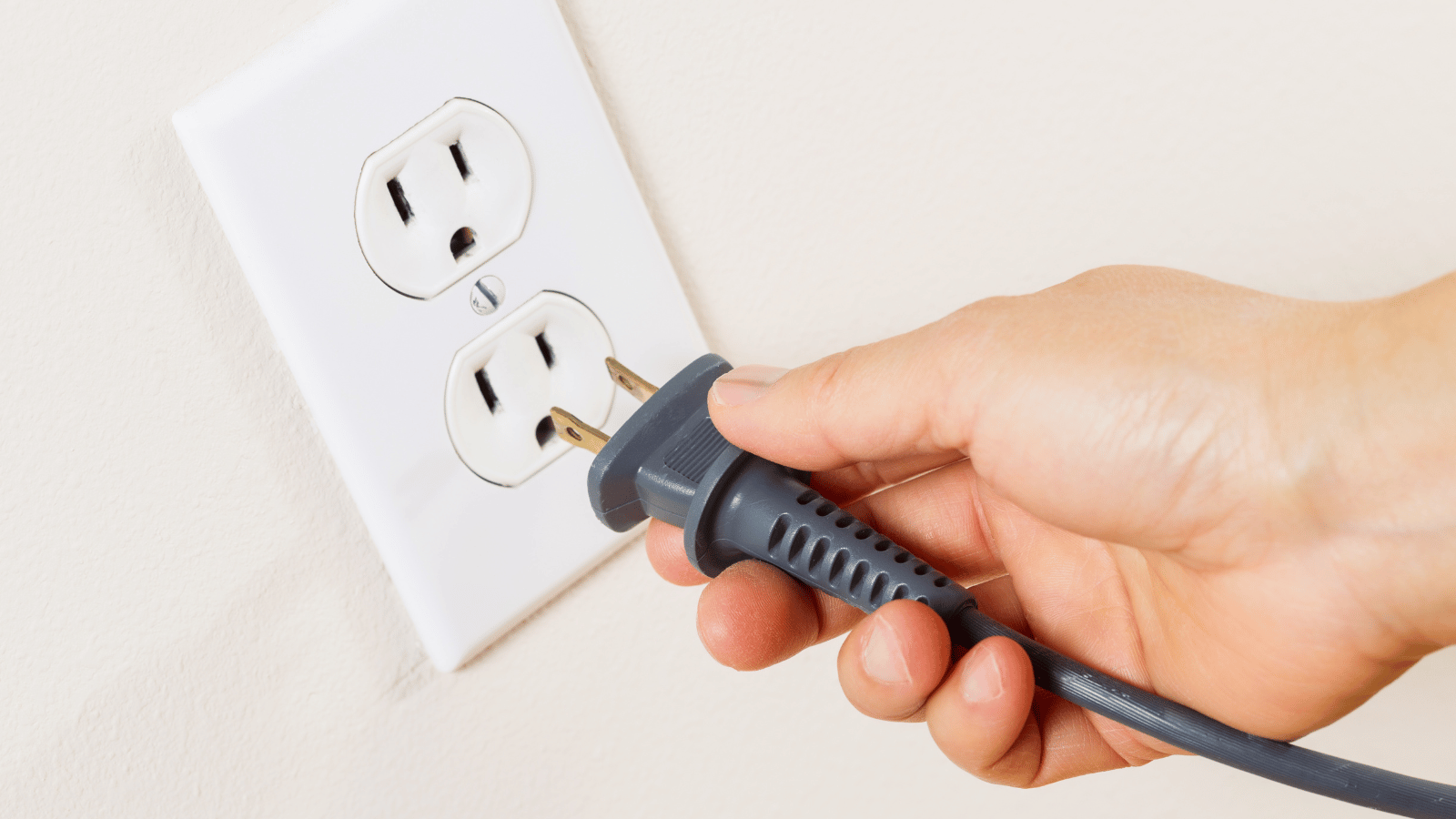Climate change and its effects on the planet are becoming more frequent and severe in the modern era. Due to seeing these effects firsthand, more and more consumers are searching for sustainable energy alternatives. While some industries have adapted quickly (i.e., hybrid cars), others still need help to adapt to this increased demand.
Fortunately, it's not hard for the restaurant and foodservice industry to rise to the occasion. With electric foodservice equipment, operators can get the same results while reducing waste and doing their part for a greener planet. So, let's look at the state of the commercial kitchen and how electricity can produce delicious meals.
The Rise of Electric Equipment in Commercial Kitchens
For most of modern history, natural gas has been the fuel of choice for kitchens around the country and the world. However, as governments and municipalities recognize the effects of gas, they're starting to crack down. States like California and New York are already beginning to ban new gas appliances, and there could be a push to retrofit kitchens with electric equipment.
However, this shift isn't being made lightly. Due to tradition and the way chefs have been taught, many restaurateurs still prefer gas. Also, the cost of upgrading everything can be prohibitively expensive. Still, electric foodservice equipment has some tangible benefits for operators, workers, and consumers.
Increased Efficiency
A lot of energy can be wasted by igniting gas and using it to heat a pot, pan, or oven. Not only does much of the energy escape during the cooking process, but chefs and workers have to wait for their cooking surfaces to heat up before using them.
That's not the case with electric equipment. Not only can electricity heat surfaces almost immediately, but it's much easier to turn on and off to eliminate as much energy waste as possible. Also, chefs can control the heat level more precisely, leading to fewer instances of over or undercooked food.
Everything from electric restaurant ovens to stovetops can make a commercial kitchen work faster and more efficiently. These advantages lead to increased sales and customer satisfaction.
Fewer Carbon Emissions
It's not just heat that escapes a gas stove or oven - harmful gases also get into the air at an alarming rate. While using a gas stove won't incapacitate someone, it does lead to cumulative effects on the body. Plus, the ramifications can be severe when you factor in how cramped commercial kitchens can be.
That's why many chefs are embracing electric appliances, regardless of any environmental impact. They recognize the toll it can take on their health, and it's more important to take care of oneself than to stick with tradition. Gas stoves and ovens can be significant polluters, but that's not the case with electric equipment.
More Cost Effective
While natural gas is relatively cheap, its price can fluctuate randomly and substantially. By comparison, as the world adopts cleaner and greener energy sources, electricity rates could fall in the future while gas prices rise. Only so much natural gas is available, but renewable resources like solar or wind can generate electricity.
For this reason, switching to electric appliances makes financial sense in the long run. While the cost of upgrading is high, these machines can yield some impressive savings. Not only can electric prices fall, but these appliances require less maintenance and upkeep, so they last longer while costing less.
Building a Sustainable Future
When you add all the benefits of electric foodservice equipment, making the switch makes sense. As stated previously, some kitchen staff prefer gas stoves because that's how they were trained and what they're used to in the kitchen.
However, as electric appliances become more energy-efficient and easier to use, chefs will start to understand their value. At the end of the day, an electric stove has to cook as well as a gas stove, regardless of how it impacts the environment.
Fortunately, modern electric cookware offers better control and greater consistency than gas. These pieces of equipment are also easy to clean and maintain, and they don't create pollution in the kitchen or the environment. No matter how you slice it, electricity comes out on top.









